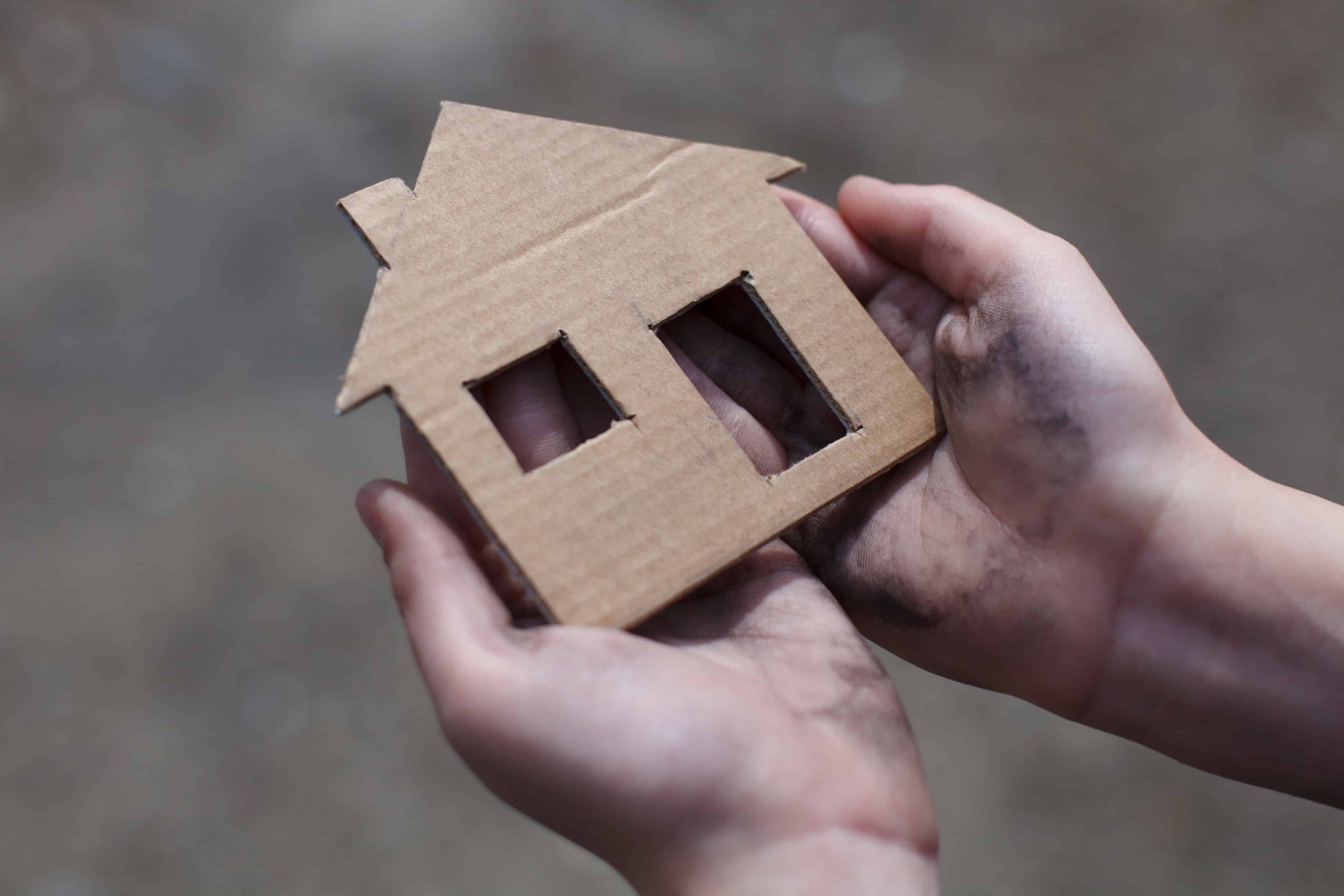Homelessness is one of the most difficult challenges a person or a family may encounter. Fortunately, there are charities that can help the homeless. The National Alliance to End Homelessness is one of the most reliable nonprofit organizations in this matter.
What You Should Know About the National Alliance to End Homelessness
This nonprofit’s mission is to reduce homelessness in the U.S., as the name suggests. It seeks to achieve this goal by doing research and collecting data that may be used to develop solutions for homelessness. In addition, this organization collaborates with local and federal partners to provide a stable foundation of resources and guidelines that can support the solutions they find. They also assist communities in putting these solutions into action.
The National Alliance to End Homelessness’s History
This charity organization has been helping people for many years. It was established in 1983 by a group of concerned citizens who sought to aid the nation’s homeless individuals and families. This nonprofit focused on long-term solutions to homelessness through dedication and perseverance. It even expanded into a large nationwide network of over 10,000 service providers, private partners, and public agencies.
What Help Can This Nonprofit Organization Provide?
The National Alliance to End Homelessness took the responsibility of developing strategies and plans to achieve its goal of ending homelessness in America. As a result, the federal government adopted this strategy and boosted its funding, including:
- Coordinated evaluations
- Coordinated entries
- Crisis management techniques that focus on the results
- Local systems in place to reduce homelessness
- Permanent Supportive Housing (PSH)
- Rapid Re-Housing (RRH)
- Systematic collection of data
- Using data
You should pay special attention to a few of the available, significant solutions like RRH, PSH, and Crisis Response Systems.
What is Rapid Re-Housing (RRH)?
This is a type of housing assistance that provides short-term rental assistance and services. The purpose of this program is to assist people in not just obtaining housing quickly, but also in improving their levels of self-sufficiency while being housed. The availability of RRH without preconditions is one of its advantages. Preconditions might include the following:
- Employment requirements
- Income limitations
- Requirements for a criminal record
- Sobriety standards
The services that people get with this housing opportunity are often designed to meet their specific wants and needs. The following are the main elements of RRH:
- Housing Identification
- Rent support
- Assistance with moving in
- Case management
- Supportive services
This approach is often used to reduce homelessness since research has shown it to be successful. According to research, those who benefit from RRH help experience homelessness less frequently than those who take advantage of other support options like temporary housing or shelters.
Additionally, it is less expensive than other homeless assistance options like shelters or temporary homes. Furthermore, it helps those experiencing homelessness secure long-term homes. Once they start receiving housing assistance, beneficiaries can concentrate on other problems that might have resulted in their homelessness. Some of these problems might be:
- Problems with their jobs
- Alcohol and drug abuse issues
- Victims of domestic violence
- Having a low income
- Being unemployed or having no resources
What is Permanent Supportive Housing (PSH)?
This is a supportive housing option that involves both voluntary support services and low-income housing assistance. As a matter of fact, PSH seeks to assist those who experience homelessness regularly. The services this opportunity offers have the advantage of supporting people in their pursuit of:
- Living independently
- Developing Tenant Skills
- Getting access to Community-Based Health Care Connections
- Treatment
- Employment Support
The number of persons who are chronically homeless has decreased by a remarkable 8% since 2007, thanks to this housing opportunity. Consequently, it is a practical option that has been shown to help people live more securely and even get healthier.
What is the Crisis Response System?
The Crisis Response System’s main goals are to locate homeless people, prevent homelessness, and quickly provide those in need with homes. In addition, it can provide people in need with other supportive services. The following are a few of these systems’ objectives:
- Outreach
- Coordinated entry
- Prevention and diversion
- Emergency shelters and interim housing
- Opportunities for long-term housing
Outreach
Connecting people with housing options like coordinated entry, emergency services, and shelter is the responsibility of outreach professionals. These people must either be dealing with homelessness or be in danger of experiencing it.
Coordinated Entry
This term refers to the process of rapidly locating, evaluating, referring, and connecting people facing crises to supporting resources.
Prevention and Diversion
These two elements are essential components of every community’s crisis response plan. These elements may help reduce the total number of homeless people in the area. Let’s start with prevention. Through prevention assistance, families can stay in their existing accommodation to avoid homelessness. Through diversion aid, homeless people in need of a place to stay can obtain assistance in finding supporting resources and alternative housing options (if possible).
Emergency Shelters and Interim Housing
These housing options are available for those who need housing right away. This can be an amazing opportunity for people with housing issues or people escaping dangerous situations. In other words, emergency shelters and interim housing can give individuals in need a place to stay as quickly as possible.
Opportunities for Long-Term Housing
A crisis response system should have resources to offer permanent housing in addition to temporary assistance. This includes the above-mentioned support options like RRH and PSH.
What Are the Main Principles of the National Alliance to End Homelessness?
This nonprofit organization concentrates on the following principles to carry out its mission of reducing homelessness:
- Increasing knowledge
- Improving Policy
- Expanding Capacity
Increasing Knowledge
To determine the most effective approaches to ending homelessness, this nonprofit organization uses statistics and research. With this information, they can build knowledge to create these conveniently available solutions. The Homelessness Research Institute (HRI) is the department of this organization that conducts research.
Improving Policy
This nonprofit organization may guide leaders and politicians using the information they gather from their studies and research. Policymakers can use this information to determine what works and what does not when creating supporting policies.
Expanding Capacity
This non-profit organization aims to assist communities to expand their capacity to implement solutions. It has a Center for Capacity Building that can help with this. As a result, public organizations can use the wide range of resources they offer, including training, technical support, tools, and more.
How to Get Assistance?
It is important to note that this nonprofit organization cannot directly help people in need. However, those who want to get assistance should contact their local 211 hotlines. People can also visit the website of the National Alliance to End Homelessness. They provide a web page with information that might guide visitors to the proper path in case they are experiencing homelessness.
Bottom Line
There are possibilities you may take into account when you find yourself dealing with a difficult situation like homelessness. The National Alliance to End Homelessness is one charity, in particular, that you should keep in mind. Their aim is to put an end to homelessness, and there are several ways they achieve this. Despite the fact that you cannot directly benefit from this organization, they do have information that can guide you in the right direction. Additionally, you can contact the 211 hotlines in your area for assistance.











